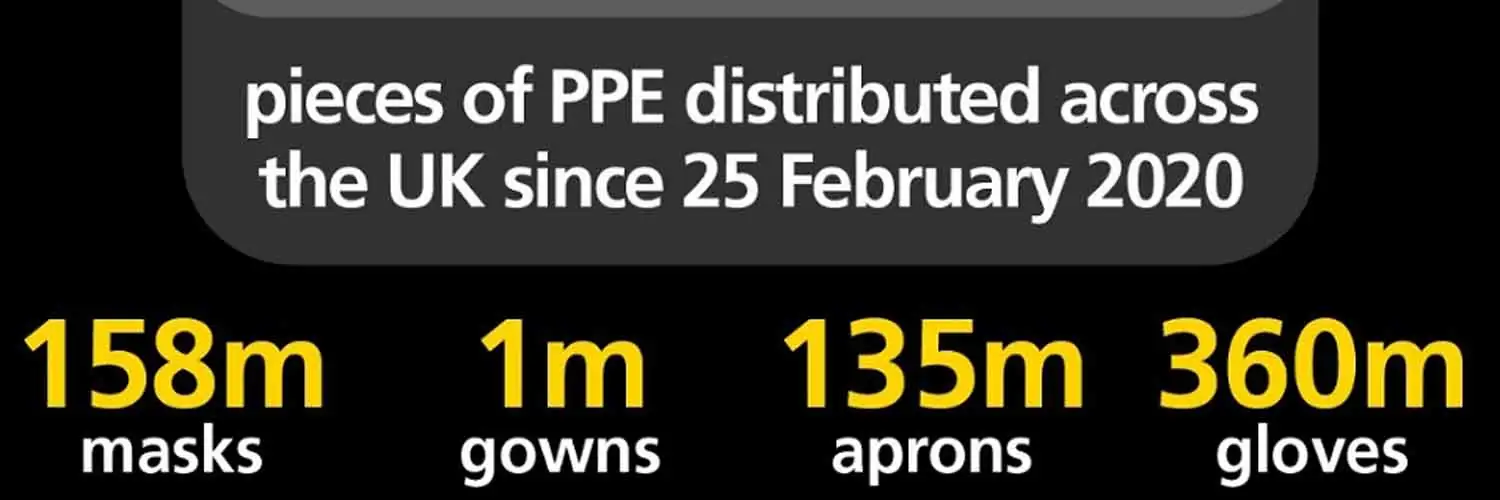The coronavirus pandemic has bought a new appreciation for the vital role transport and logistics workers fulfil in our everyday lives in our economy.
Transport and logistics play a vital role
Unlike many other workers, transport and logistics workers continued to work throughout the crisis. Their work was particularly vital at the start of the pandemic, when stockpiling ahead of lockdown placed great strain on existing supply chain and logistics operations.
Not only did the sector ensure food supplies, fuel and other essential goods continued to be available, it also took on additional duties, transporting essential supplies of PPE around the country. Very sadly, this stoicism has been reflected in the COVID-19 statistics.
Increased risk for transport and logistics workers
A study by the Office for National Statistics (ONS) that looked at the 4,761 deaths in the working age population (20 to 64 years of age) recorded between March 9 and May 25, 2020, found that – besides health and care workers – road transport drivers had some of the highest rates of death involving COVID-19 for men.
At a more granular level, taxi and cab drivers and chauffeurs had the highest rate – with 65.3 deaths per 1,000 men (or 134 deaths in total). Bus and coach drivers also had a significantly higher-than-average rate of death, with 44.2 deaths per 1,000 men (53 deaths), as did van drivers, with 26.7 deaths per 1,000 men (66 deaths).
How should we recognise the sector’s vital role?
In light of their efforts and the risks they take to keep our economy and lifestyles going, the work of transport and logistics workers has been recognised in many ways – from front covers on Vogue magazine, individual stories of appreciation, and a boost in tipping delivery drivers.
Now, a new survey by transport and logistics technology company CameraMatics sheds some light on the perception of this vital role by the drivers themselves.
CameraMatics founder Simon Murray explained, “We know that behind the scenes the Supply Chain is a mighty army of people, processes and machines operating around the clock. With the focus on thanking and appreciating key workers, we decided to find out how drivers working day and night to deliver essentials felt.”
The majority of drivers feel underappreciated
The survey found that 50.4 percent of UK drivers and 40.6 percent of drivers in Ireland feel that they aren’t appreciated. UK drivers are least likely to feel they are appreciated by the public, with just 28.7 percent agreeing they felt this way.
Some drivers took the opportunity to share their frustrations through the survey.
One UK HGV driver reported that, after working a 70-hour week, he was unable to get the necessary food for his family even though other keyworkers were given priority.
Seeing us through the pandemic
Nevertheless, not all drivers agreed that they needed public appreciation. One Irish respondent said, “We are still doing our job. It’s not like we are going into a COVID-19 ward with no PPE on us.”
Levels of satisfaction and appreciation will vary, depending on the situation of different drivers, of course, with some companies protecting and looking after staff better than others.
Throughout the pandemic there have been reports of drivers being spat on by the public, some companies ridiculing drivers who request better protection, and the effects of existing stresses that are being exacerbated by the difficult circumstances.
Time to work together
Only by continuing to work together with empathy and consideration and by taking the time to rigorously implement the new policies and processes designed to protect workers and the public will we be able to improve the levels of satisfaction and appreciation felt by workers throughout the transport and logistics sector.
